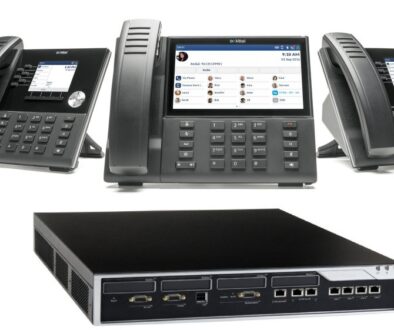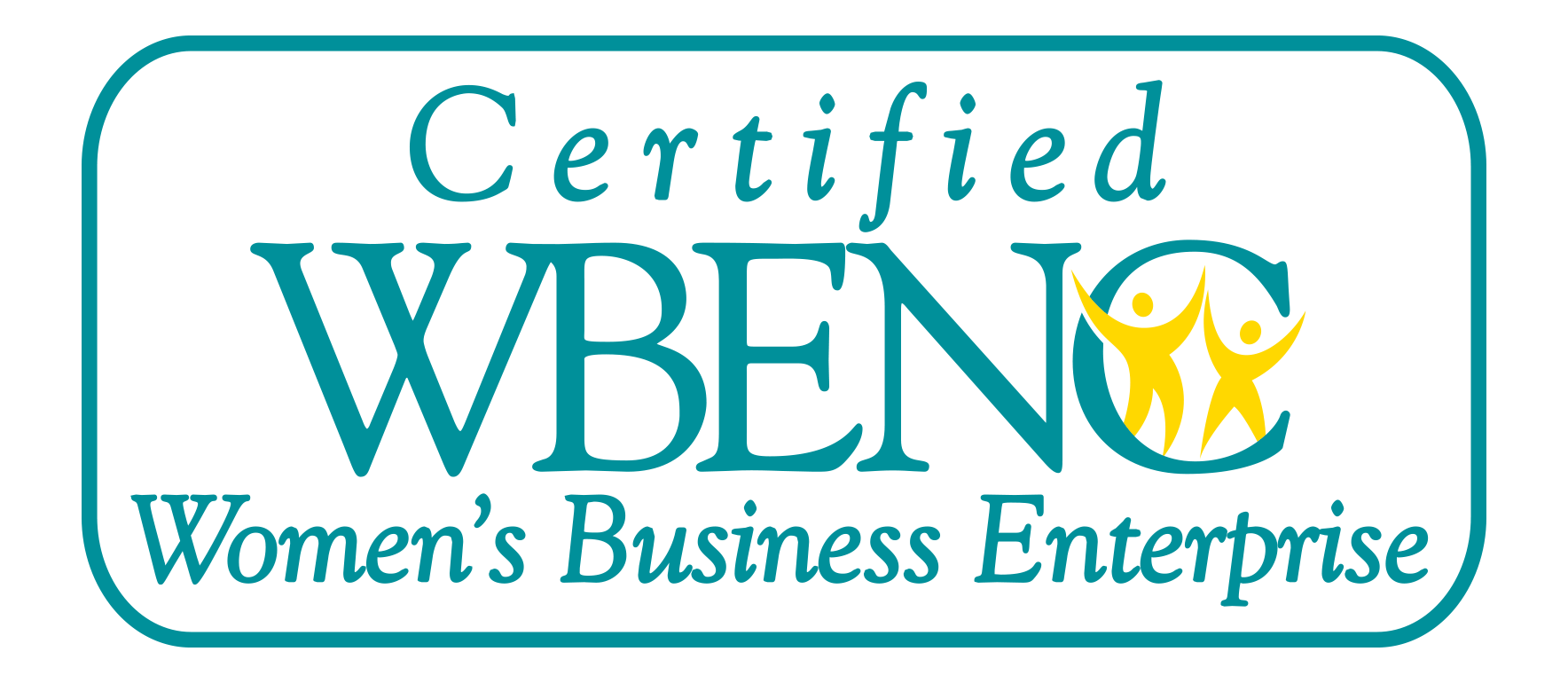Cloud Based Phones and Voice Services

Effective communication is vital for seamless team collaboration and successful customer outreach, making your communications system a crucial component of your company’s operations. Choosing the right technology or service is paramount to avoid potential negative impacts on your bottom line.
An increasing number of businesses, regardless of size, are embracing cloud-based calling services. With the industry’s current value surpassing $50 billion and experiencing exponential growth, it’s evident that cloud calling has become the contemporary standard for connecting with others.
Explore the reasons behind the widespread adoption of cloud-based phones by businesses and learn how these voice services enhance your organization’s connectivity and productivity. Elevate your communication strategy to the modern benchmark with cloud-based phones.
Key Points:
- Embrace internet-based voice calls through cloud technology rather than traditional landlines.
- Integrate various communication channels seamlessly with cloud telephony, incorporating advanced features to enhance efficiency and increase revenue.
- Utilize Voice over Internet Protocol (VoIP) in cloud calling, noting that not all VoIP services are necessarily cloud-based.
- Opt for a reputable provider to guarantee high-quality cloud-based calling experiences.
What’s the deal with Cloud-Based Calling (or Cloud Telephony)?
Cloud calling means using the internet for phone calls instead of traditional landlines, often referred to as “cloud calling” or “cloud telephony.” This form of unified communications as a service (UCaaS) streamlines voice communication, offering a cost-effective solution, particularly for businesses. With UCaaS, all your communication channels, including voice, video, chat, and messaging, seamlessly come together under one service, simplifying billing through a single vendor.
How does it work?
Cloud calling utilizes Voice over Internet Protocol (VoIP), converting audio signals from your internet phone or smart device into data packets. These packets are then transmitted via the internet to your provider, who directs the call to the intended recipient.
This setup enables you to make calls to other VoIP users, provided their devices can process these data packets. Additionally, your provider facilitates calls to traditional landline phone users by converting the data packets back into audio signals.
Operating through a cloud private branch exchange, cloud-based calling eliminates the need for an on-premise PBX system. Instead, your provider takes care of security and maintenance on its own site.

Why Should YOU be using Cloud Based Phones?
Cloud telephony enables small businesses to enjoy the same robust communication advantages as large enterprises.
Security
Leverage cloud-based calling platforms to safeguard both your and your customers’ data across various aspects. Trust in cutting-edge encryption and security management for voice and all other communication channels.
Potential for expansion
Unlike a traditional on-premise PBX, your cloud calling system allows for instant scalability through your administrative dashboard. Upgrades and installations take mere moments, not months. This enables you to swiftly adapt to customer demand and boost your revenue.
Flexibility
Keep a strong connection with remote teams through UCaaS. With an internet-connected device, anyone can communicate securely within your system, enabling you to tap into a global talent pool without sacrificing collaboration quality.
Cost Savings
Cloud-based calling helps you cut costs associated with office space, equipment, and maintenance required for an in-office PBX. Additionally, internet calling offers more affordable rates for long-distance and international calls.













